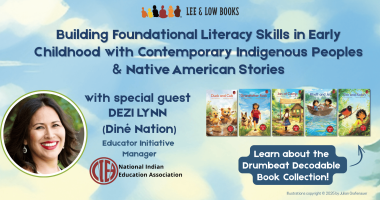There’s an interesting discussion going on over at January Magazine this week about whether we should establish a ratings system for books. The blogger over there, Tony, read an upcoming YA book billed for ages 14 and up. But some 70 pages in, Tony discovered content that he felt was a little, um, mature for the average 14-year-old reader:
“14 and up, I thought. 14 and up? 14 and up?! To me, ’14 and up’ is just another way of saying PG-13. . . . As the father of boys aged 13 and 9, who both love to read, I am now officially worried. Is this the stuff of books for Young Readers? For 14 and up?”
In the professional world of books, made up of librarians and publishers and booksellers, any complaint about the appropriateness of content tends to illicit a knee-jerk reaction and cry of censorship. And, frankly, when people are removing dictionaries from schools because they contain definitions of words that parents deem inappropriate, it’s not hard to see why. But Tony has a sensible argument: Shouldn’t there at least be some sort of rating so readers know what they are getting themselves into?
I see two main problems with ratings: they are inexact, and they influence content. Who’s to say what is or isn’t appropriate for all 14-year-olds? Is cursing worse than violence? Is sex worse than cursing? How do 14-year-olds really talk? No one knows, not even 14-year-olds, because every 14-year-old talks differently.
And IF, in that confusion, someone officially decides that any book with ______ must be rated M for Mature, then won’t there be books that are changed to avoid getting slapped with a big M on their covers? Plus, where does the responsibility of enforcement fall? Is this going to be a legal thing, where booksellers and librarians can’t give a kid younger than 18 a book with an M on it? That would get awfully close to censorship. For that matter, couldn’t it backfire? Maybe teens would get as excited about getting their hands on a book as they did about sneaking into R-Rated movies…hey, that sounds nice.
Still, I see Tony’s point. It’s a question of responsibility, and I would argue that the responsibility falls on everyone. As publishers, it is our job to make sure we market a book honestly. If it’s a book for older teens, we shouldn’t slap on a cover that makes 13-year-olds want to pick it up.
But marketing by nature casts a wide net, and we don’t know your kids nearly as well as you do. It’s up to you, parents, to pay attention to what your kids are reading. You don’t even have to read every book; if you’re concerned, there are plenty of web sites like Common Sense Media that break down the content of popular books.
And, finally, I do think a chunk of the responsibility falls on the reader. I have heard librarians argue many times that teens are smart and know their own limits, that if they start reading a book and feel uncomfortable, they will put it down. And meanwhile, we can strive to create an environment where, if they go past those limits, they’ll feel comfortable talking about it.
Still, even though I don’t think a ratings system is the answer, I’ve always been a little offended that they never tried to institute one before. I mean, we have ratings for TV, movies, video games — why not books? Aren’t they important enough? Influential enough? I don’t want one…but I’d like to be asked.








